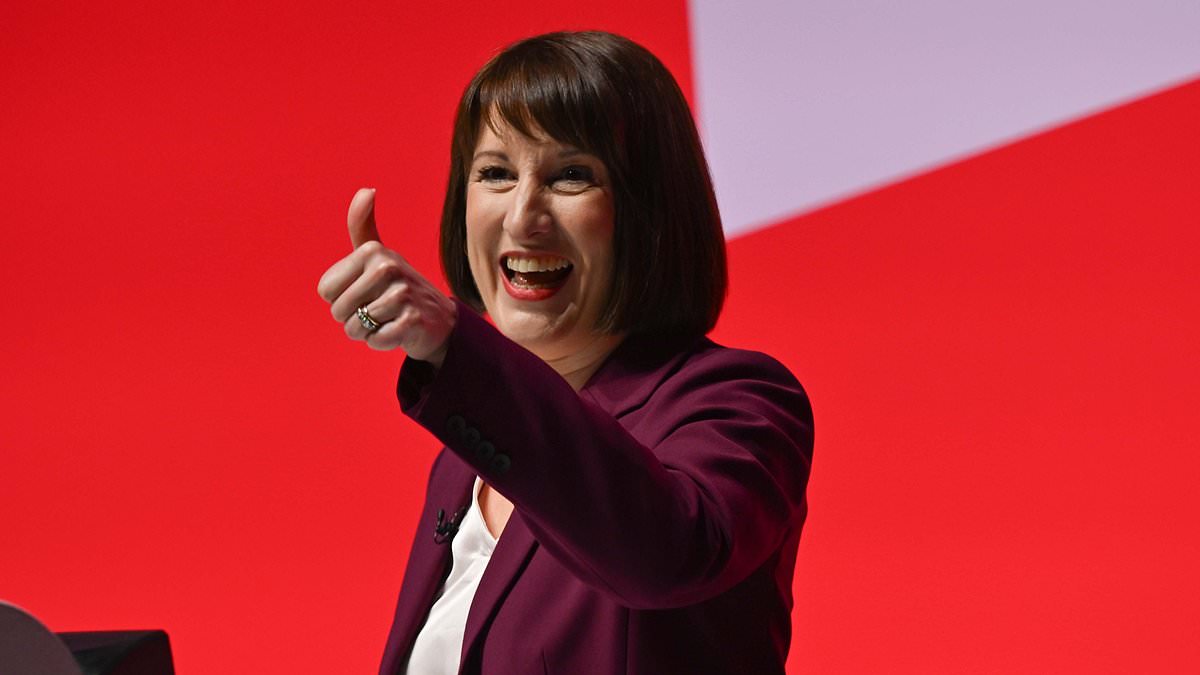Speculation is mounting that Rachel Reeves will overhaul fiscal rules in the Budget so the government can pump up borrowing.
The Chancellor gave a broad hint at her intentions in her speech to Labour conference yesterday, saying she wanted ‘an end to the low investment that feeds decline’.
Ms Reeves has committed to meeting the Tories’ provision that public sector net debt should be falling in the fifth year of a forecast period.
But rumours are swirling about tweaks in the October 30 fiscal package that could give Ms Reeves another £30billion of headroom.
Options include removing the Treasury’s losses on the Bank of England winding down its quantitative easing programme from debt calculations, and keeping new bodies such as Great British Energy off the books.
Officials could also be ordered to put more emphasis on the long-term returns from borrowing to invest in infrastructure.
However, any such move would raise concerns after government borrowing hit 100 per cent of GDP for the first time since 1961. It would also not solve pressures on year-on-year spending, as the extra money would be one-off.
At conference yesterday Ms Reeves struck a more optimistic note on the future of the British economy, after widespread criticism of her doomsaying.
‘It is time the Treasury moved on from just counting the costs of investment in our economy to recognising the benefits too,’ she said.
In a letter to the Financial Times earlier this month, former cabinet secretary Lord Gus O’Donnell, former Treasury minister Lord Jim O’Neill, and UCL economics professor Mariana Mazzucato warned that the current debt rules were responsible for an ‘inbuilt bias’ against investment.
The ONS measurement of public sector net debt was £2.768trillion at the end of last month, equivalent to 100 per cent of GDP.
The grim mark was hit as Government borrowing rose by more than expected to £13.7billion – £3.3billion higher than last August and the third highest for the month on record.
Borrowing for August was more than the £11.2billion forecast by Britain’s official forecaster, the Office for Budget Responsibility (OBR), and more than the £13billion economists were pencilling in.
In the financial year so far to August, the government has racked up £64.1billion, £0.3billion more compared to the same five-month period a year earlier.
